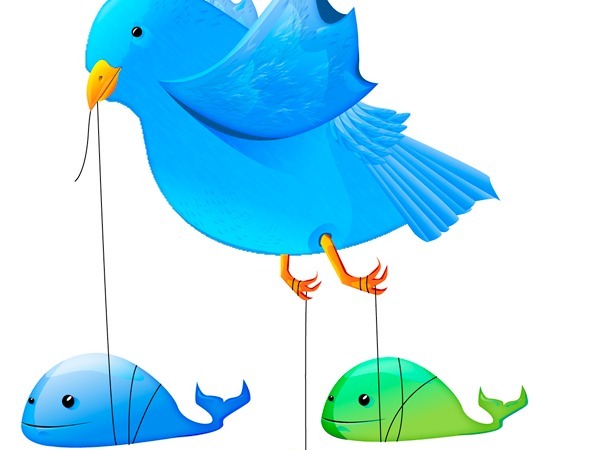 $200 million in the bank? Time to spend it on talent, obviously.
$200 million in the bank? Time to spend it on talent, obviously.
Twitter announced Tuesday that it has acquired Q&A community Fluther to hire the team’s talent. Terms of the deal were not disclosed.
“Today, we’re adding four engineers and one designer through our acquisition of the team at Fluther, Inc.,” announced Carolyn Penner at Twitter Communications. “During our conversations with Fluther’s team, we were continually impressed by their technical talent, entrepreneurial spirit, and much of the thinking behind the question-and-answer product they’ve spent the last couple of years building.”
Ben Finkel, Andrew McClain, Tim Trueman, Richard Henry, and Cameron Dutro will be “joining the Flock,” which has tripled in the past year, according to Penner.
Like Aardvark, ChaCha, Quora and Yahoo Answers, Fluther lets anyone pose their questions to strangers on the Internet. Fluther is particularly well-liked because it succeeded in building a strong enough community of about one million monthly unique visitors that asked interesting questions and, more importantly, answered questions quickly and intelligently.
Here are the five questions at the top of Fluther’s home page, as a little sample of the site’s offerings:
- How can I avoid sore joints after weight training
- How fast is gravity?
- Strange symptoms after head CT?
- What is the bone known as the small plate?
- Are those who insist they are wise wise? Are those that claim enlightenment enlightened?
Health questions, physics questions (asked in peculiar ways), philosophical questions, anything you can think of can be a question.
So how does Fluther compare to other Q&A sites? It’s doing pretty well, depending on who you ask. Here are some traffic analyses I ran on Compete and Alexa, two website ranking services.


Compete says Fluther is winning, while Alexa says ChaCha and Quora are the current leaders. Either way, it doesn’t look like that Google acquisition of Aardvark is working out too well.
Though Finkel and McClain say they won’t be developing Fluther further, users shouldn’t be too downtrodden about the news since the site will stay online, at least for the time being.
Now it’s just a question of whether Twitter has plans to bake a Q&A service directly into its 200 million member information network. While it would instantly become one of the most-used Q&A services on the Internet, it would have to be implemented pretty elegantly in order to not muddle the current focus of Twitter, which is delivering personalized real-time content to users.
I asked Twitter if the company had plans to add a Q&A service, and received the following response from Penner:
“No. We don’t have plans to do so. As our blog post says, their product, Fluther.com, is not part of the acquisition.”
It’s not part of the acquisition, but the team that built it is. Will Finkel and McCclain of Fluther help build a totally new Q&A service for Twitter from the ground up? No one can answer that question with complete confidence right now.




















